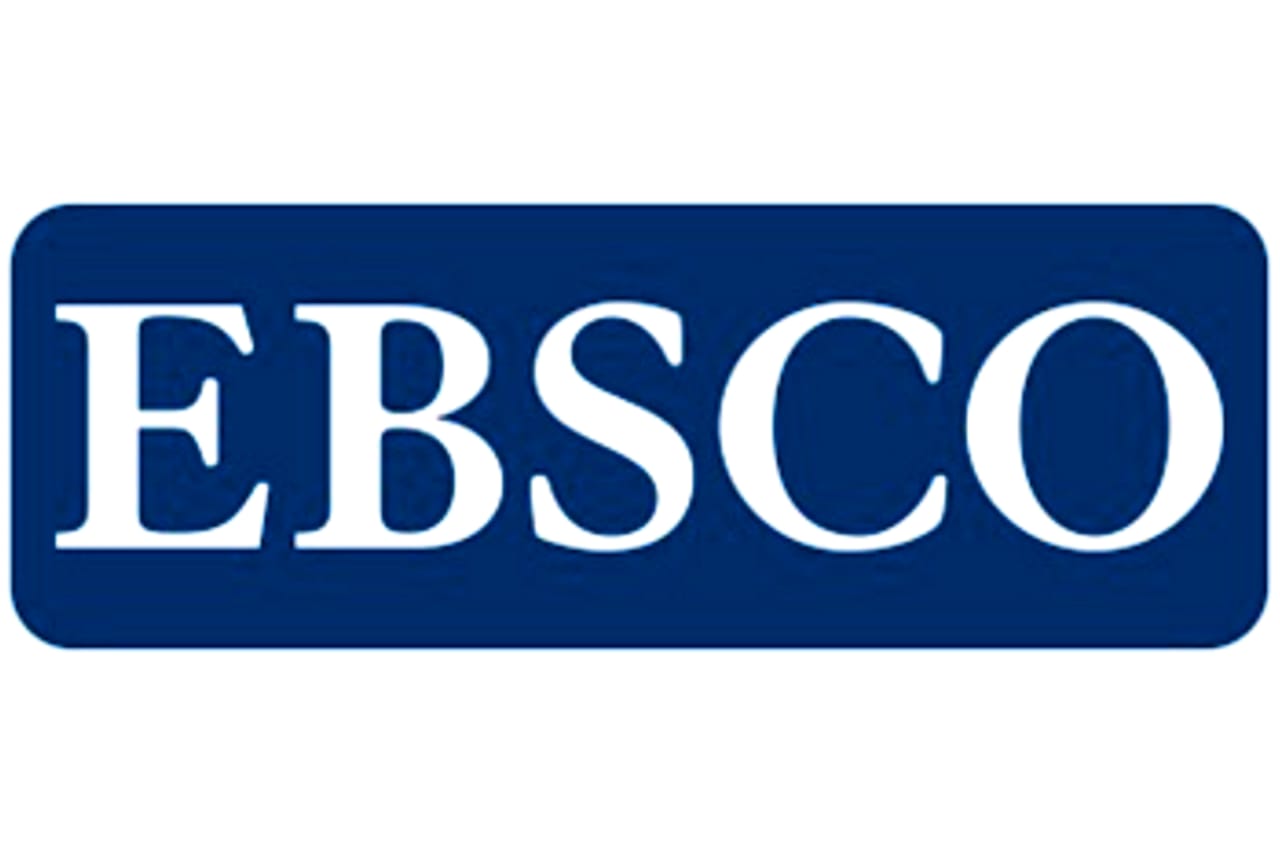RUSSIAN FOREIGN POLICY AND THE LIBYAN CRISIS: A NEOCLASSICAL REALIST ASSESSMENT
DOI:
https://doi.org/10.26577/FJSS.2022.v8.i2.05Abstract
The processes taking place in the modern international system are both a catalyst and a consequence of the foreign policy of states. As a result of a number of systemic factors and the domestic political situation in Russia, the Middle East plays an important role on the Russian agenda. Moscow is pursuing an active policy towards the Libyan crisis, which resulted in the actual loss of statehood in Libya, which complicates the stabilization of the situation in the country and in the region. The purpose of this article is to analyze the systemic (independent variable) and domestic (intervening unit-level variables) processes that influence the formation of Russia’s foreign policy in relation to the Libyan crisis, within the framework of the neoclassical realist theory. The significance of this study lies in the application of a relatively new theoretical approach (neoclassical realism) to a case study (the Libyan crisis) in the study of Russian foreign policy.
Keywords: Russia, Libyan crisis, neoclassical realist theory.











